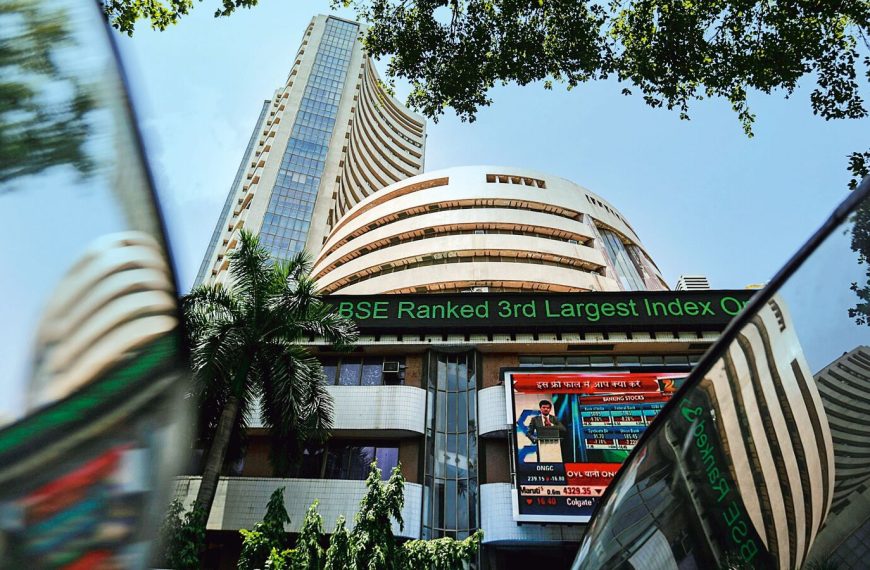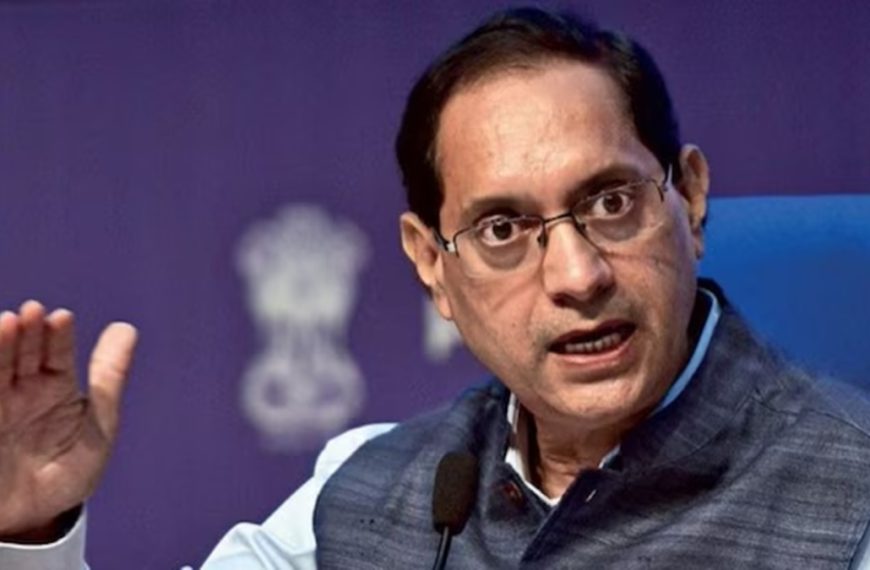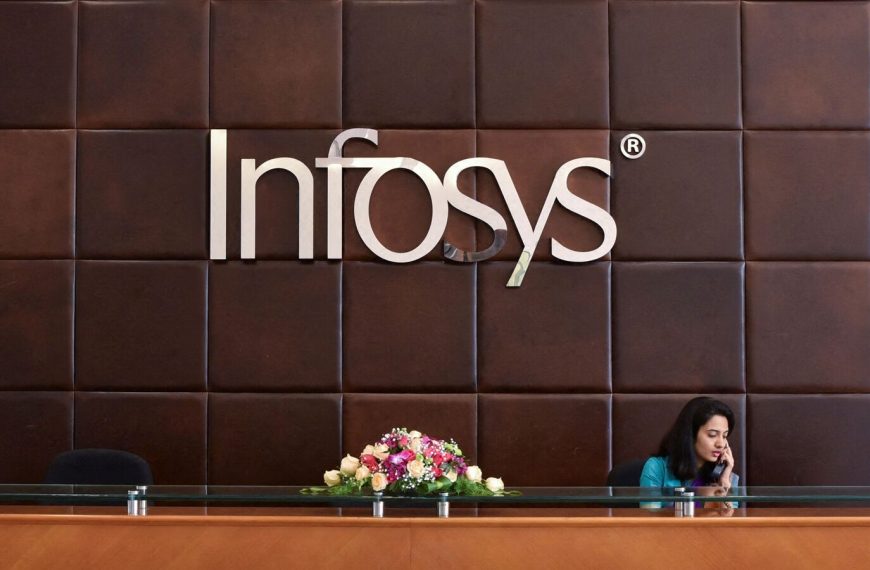In a significant development for the pharmaceutical industry, President Donald Trump is set to introduce tariffs on imports of pharmaceutical products. This move comes on the heels of prior exemptions and is primarily targeted at countries like Ireland and China. However, Indian pharmaceutical companies, which have substantial dealings in the U.S. market, could find themselves navigating new challenges that arise from these tariffs.
Implications for Indian Pharma Companies
Should these tariffs be implemented, Indian companies will face a critical decision: absorb the increased costs or transfer them to consumers. Currently, India imposes import duties of up to 10% on U.S. drugs, with some medications benefiting from a lower 5% rate. Notably, around 150 drugs are completely exempt from these duties.
- Key challenges include:
- Potential increase in medication prices for consumers
- Possible impact on the supply chain dynamics within the U.S. healthcare market
- The need for strategic decision-making by pharmaceutical companies
The Likelihood of a Country-Specific Exemption
Despite the strong ties between the U.S. and India, experts are skeptical about the possibility of a country-specific exemption for Indian pharmaceutical products. Analysis indicates that if the U.S. were inclined to grant such exemptions, they would have been announced alongside the initial tariff discussions last week. Thus, the expectation is that India’s exemption from these tariffs remains highly unlikely.
Market Reactions and Future Expectations
Foreign brokerage firm Jefferies has projected that if reciprocal tariffs are imposed, they might cap at 10% on Indian medicines entering the U.S. market. In response, pharmaceutical companies will likely seek to shift these cost increases to payors. If this transfer is unsuccessful, the entire supply chain—comprising retailers, distributors, and active pharmaceutical ingredient (API) suppliers—may have to bear the financial burden.
- Key players affected:
- Retailers and distributors in the U.S.
- Formulation manufacturers
- API suppliers to drug manufacturers
As this situation unfolds, the pharmaceutical industry is bracing for potential changes that could impact pricing strategies and the overall dynamics of the U.S. healthcare system. The outcome of these tariff discussions will be pivotal for Indian pharmaceutical firms and their ability to navigate the complexities of international trade.











